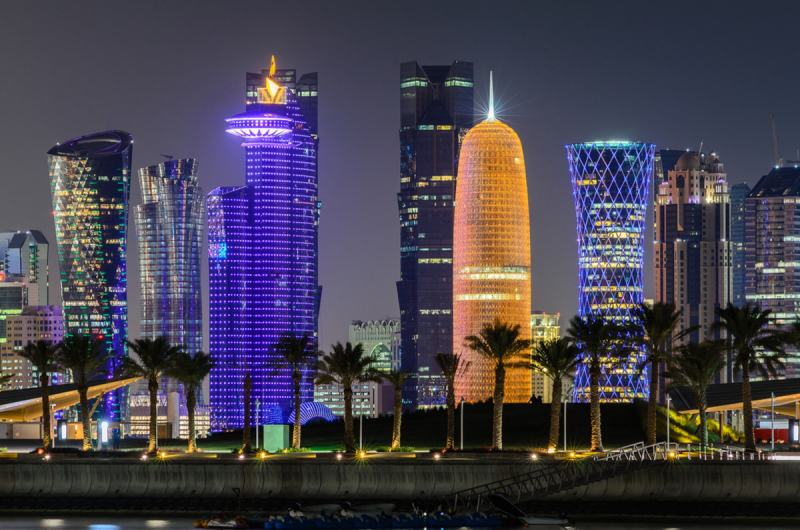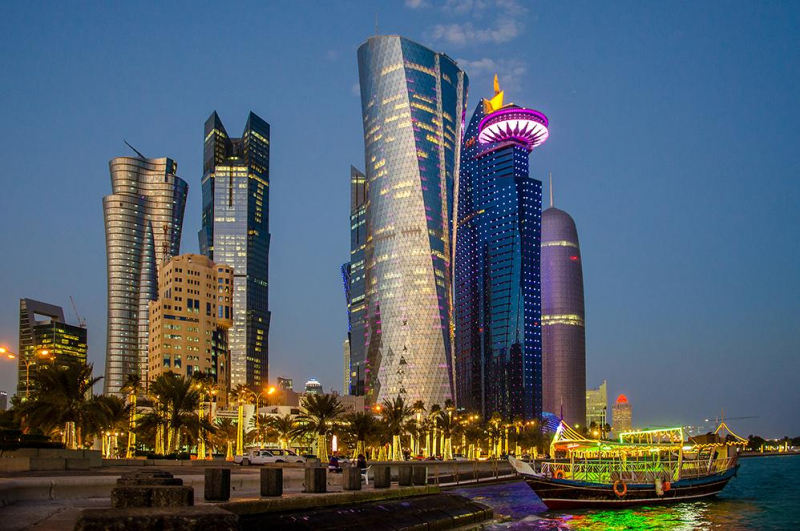Regional variations
Urban and coastal areas make up the majority of Qatar's population; Doha, the country's capital and largest commercial, administrative, and cultural hub, is home to 70% of the country's people. Only a small percentage of Qataris still live the ancient nomadic lifestyle, primarily in the north of the peninsula, where there are a few remaining patches of rare vegetation and irrigated farming fields.
The House of Thani has been in charge of Qatar as a hereditary monarchy ever since Mohammed bin Thani signed a treaty with the British in 1868 that acknowledged its distinct status. Following the Ottoman Empire, Qatar was a British protectorate until it gained independence in 1971. According to Qatar's Constitution, Tamim bin Hamad Al Thani is currently in charge of the courts and virtually all executive and legislative power.
There isn't much difference in culture, norms, and conduct throughout the regions of Qatar because Qatari citizens only make up a small part (15%) of the country's overall population today (about 2,7 million people). The majority of the foreign workers who reside there are from Pakistan, India, and Iran, thus there will likely be a fascinating fusion of cultural influences. Qatar has a thriving and diverse food sector as a result.











